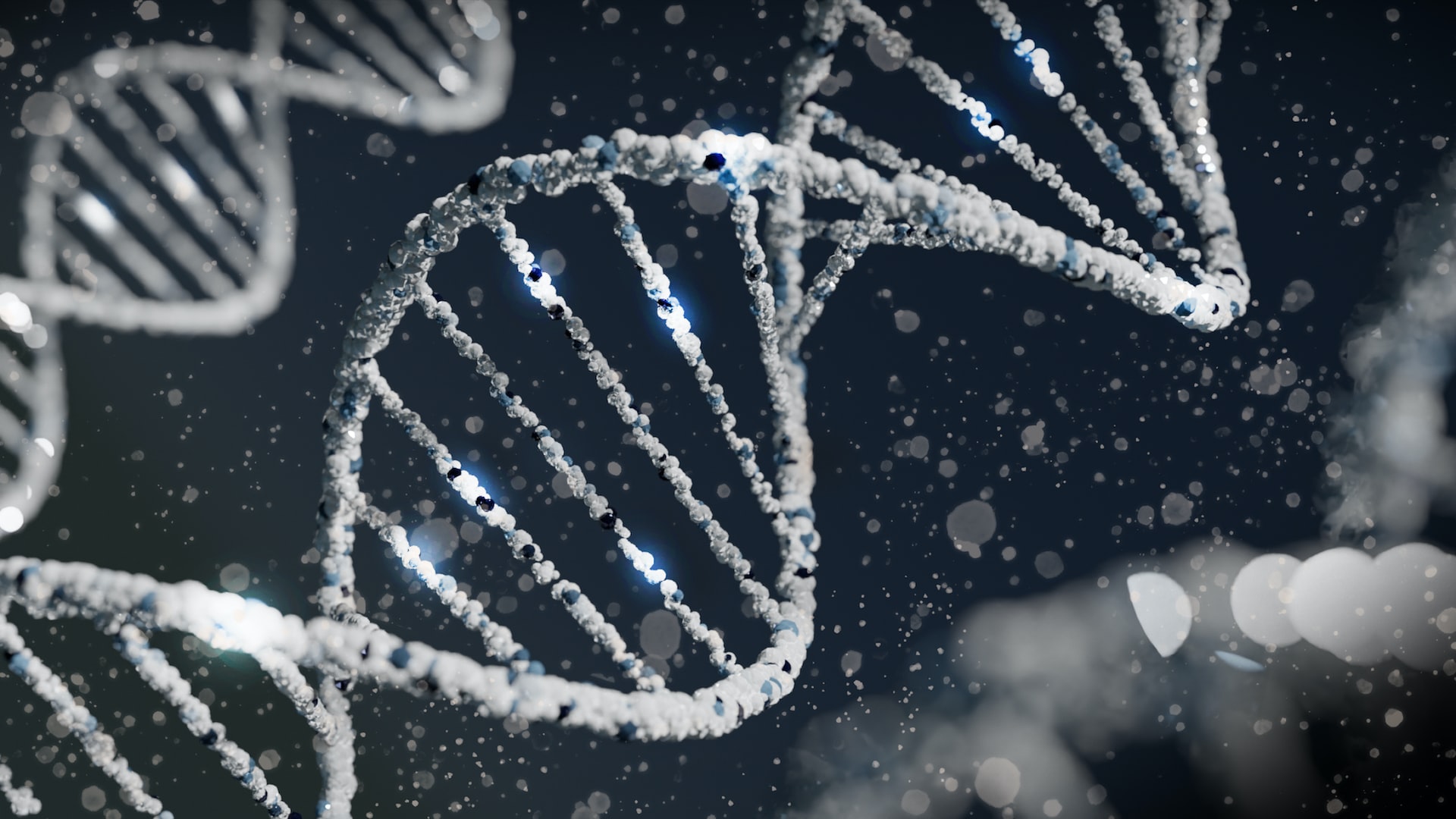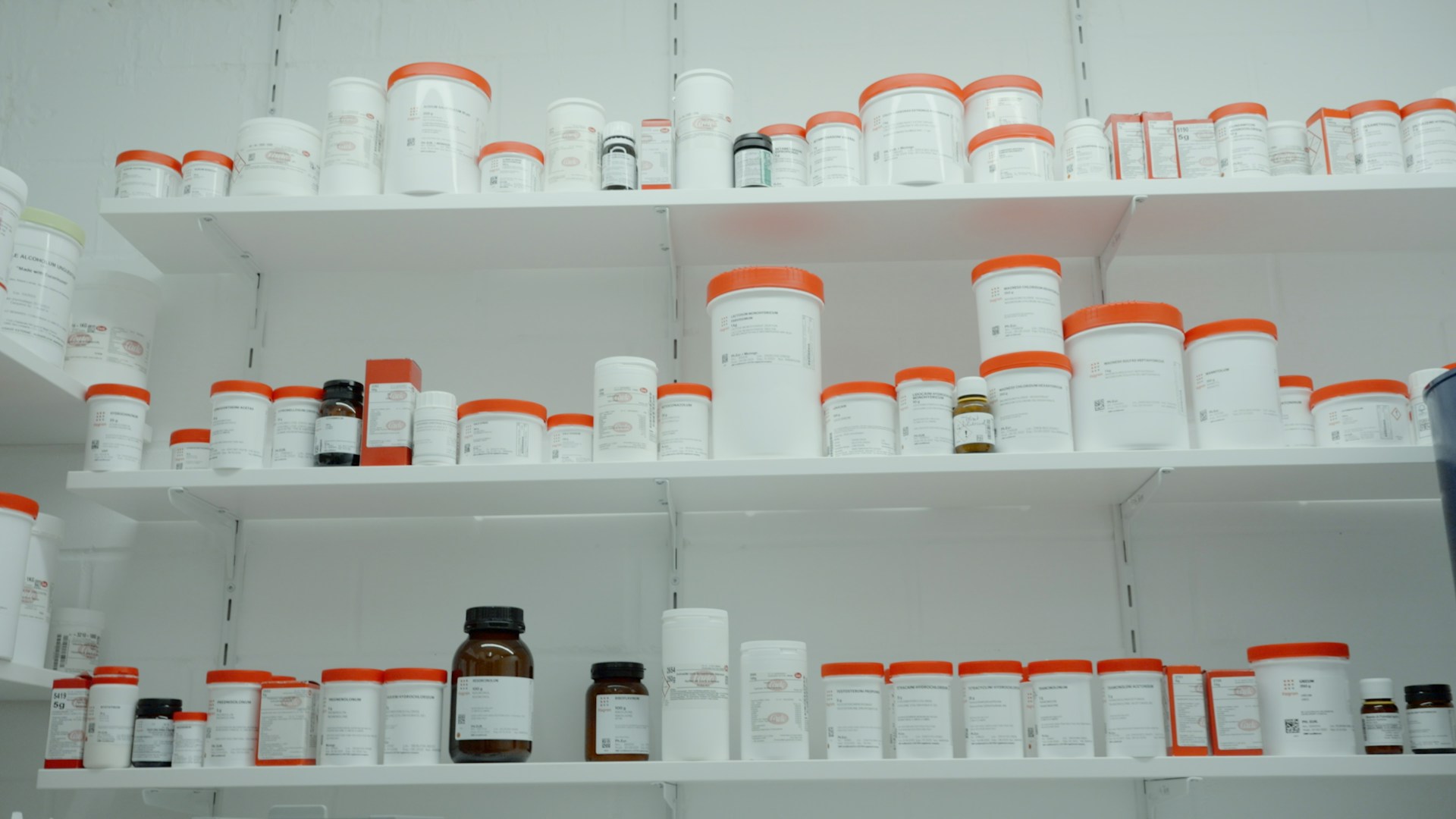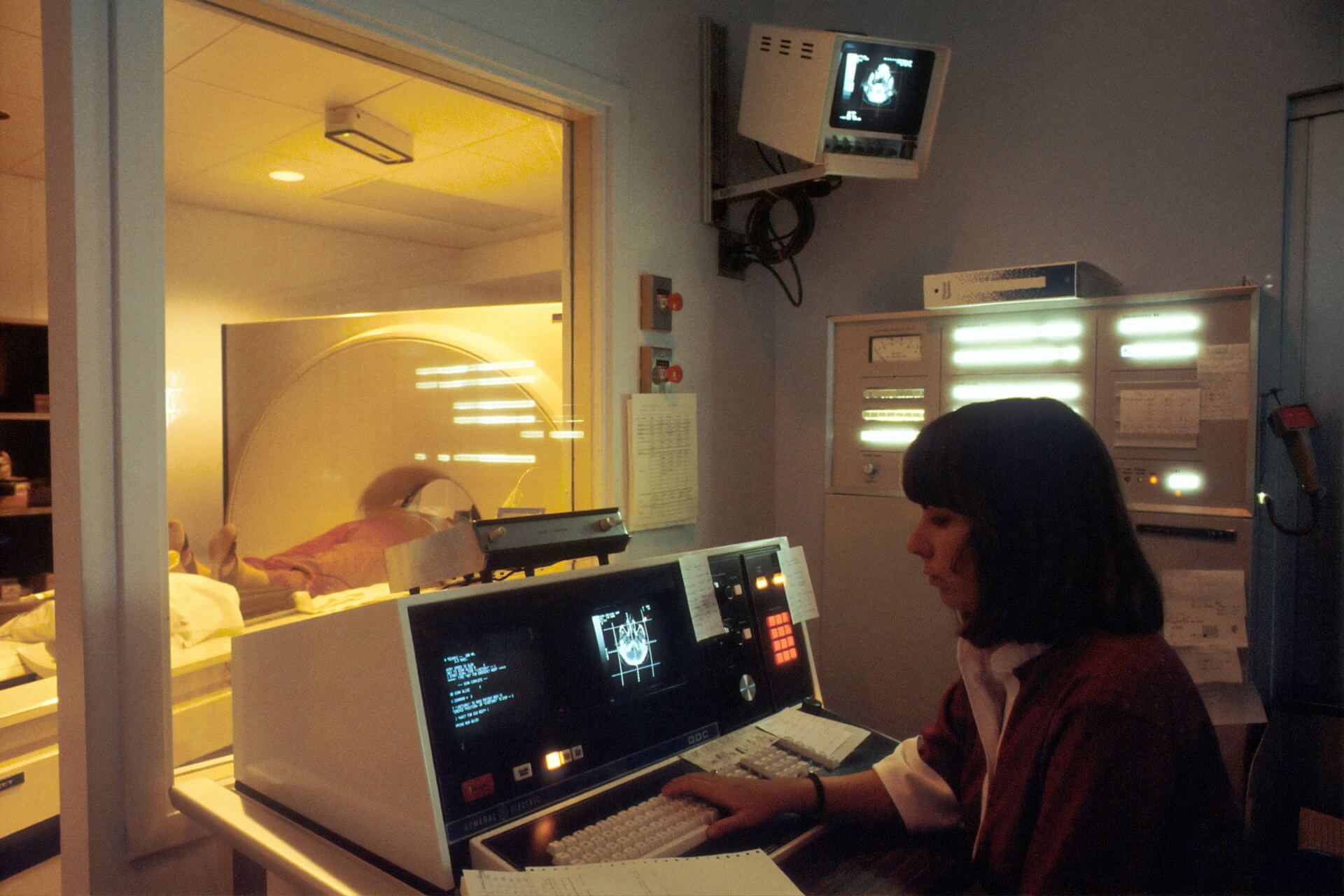
How Will Molecular Diagnostics Impact the Future of Medicine?
March 2, 2023 - Emily Newton
Revolutionized is reader-supported. When you buy through links on our site, we may earn an affiliate commission. Learn more here.
Medical diagnostics are as much art as they are science. Understanding the human body — and the myriad ways it can break down — is challenging under the best conditions. It starts with the most basic forms of observation, the things that the patient or their doctor can see or quantify. Even more complex diagnostics, such as blood tests, body scans or even exploratory surgery, often aren’t enough to offer an accurate diagnosis. Molecular diagnostics has the potential to change the way we diagnose a plethora of diseases. How could molecular diagnostics impact the future of medicine?
Defining Molecular Diagnostics
Traditional diagnostics tend to look at what we can see — even if that means looking at blood samples through a microscope. If those tests don’t offer answers, sometimes it’s necessary to look even closer. That is the basis for molecular diagnostics.
Also known as molecular pathology, molecular diagnostics rely on analyzing a patient’s DNA or RNA to diagnose a specific disease or genetic condition. It’s a relatively new field, with the first examples of this diagnostic science appearing in the early 1990s. Until recently, we lacked the technology and knowledge to make the most of this information.
Molecular diagnostics has the potential to pinpoint conditions that other forms of testing could miss. It’s especially useful for finding the markers of genetic conditions that may not have manifested themselves in the patient yet.
Looking for Carriers
One of the most common applications of molecular diagnostics is for people planning to become parents. Analyzing the potential parent’s DNA gives doctors the tools to discover if they are carriers for common genetic conditions. These conditions may not be active in either parent, but the combination of two recessive genes from the parents could create an active one in the child. Testing for diseases like cystic fibrosis is common. Newborns may also be tested for these gene mutations to indicate if they have a higher risk of developing the disease.
Other conditions, such as breast and ovarian cancer risk, can be identified by the presence of the BRCA1 and BRCA2 genes. This technology can also help identify acute gene mutations that occur with some forms of cancer, such as chronic myeloid leukemia. A person’s genetic makeup can tell much about their current and future health.
DNA and Allergen Testing
A couple of decades ago, genetic testing was considered expensive science — or even borderline science fiction. Today, often for less than $100, you can spit in a test tube and have your genetic results delivered to you via app or email. These have become a trendy way to discover what parts of the world your ancestors may have hailed from, but there is another application for this information.
Many of these smaller DNA testing companies are looking for specific genetic markers that indicate things like food allergies. A 2008 study found that one particular gene — the FCER1A gene — was responsible for producing the IgE antibodies associated with allergic reactions. This isn’t the only gene related to food allergies, but this study paved the way for the at-home DNA allergen testing that has become so popular in recent years.
At-home DNA testing might not seem like it has much to do with molecular diagnostics, but using a patient’s DNA to detect food allergens is the basis of this branch of science.
The Age of Genetics
Humanity is just beginning to enter its genetic age. Geneticists may have first sequenced the human genome in 1990, but they’ve spent the last 30 years trying to understand what they uncovered. Tools like CRISPR allow scientists to actively modify a sample’s genetic code or structure in a laboratory setting. However, there is still so much that we don’t understand how each of the 25,000 genes that make up the human genome. A change that causes a positive genetic expression in one sample could cause cascade mutations in another.
Molecular diagnostics depend heavily on our understanding of the human genome. Before we can start looking toward the future of this technology and truly move the human race into its genetic age, we need to have a more comprehensive understanding of what each of these genes does and how it impacts the genome around it when modified.
The Downsides of Genetic Information
Having this wealth of information at our fingertips isn’t always positive. Think of those BRCA1 and BRCA2 genes we mentioned earlier. One course of potentially preventative treatment is to undergo a double mastectomy, preemptively removing all the breast tissue before it has the chance to become malignant. Imagine being told you have an extremely high chance of developing breast cancer in your lifetime and not having the means to do anything about it.
The same problem occurs with DNA markers for mental illness or neurological conditions. Instead of living in ignorance — which is bliss in this case — you suddenly find yourself having to worry if every lapse of judgment or forgotten appointment is the first sign that your mind is failing. Molecular diagnostics should be available to everyone but should not be offered without genetic counseling to help people make informed decisions about their health care future. This lack of counseling is one of the reasons that home DNA tests can be dangerous. It’s one thing to have a doctor tell you that you have the risk for a specific condition while laying out a plan of action and another to have an impersonal app tell you the same without any support.
Future Applications for Molecular Diagnostics
Once we’ve developed a more comprehensive understanding of the human genome, the potential applications for molecular diagnostics are endless.
First, let’s tie it into the field of pharmacogenomics. This branch of genetic research uses a patient’s genome to prescribe the most effective treatments or therapies for their condition. If someone suddenly becomes resistant to treatment, especially if that treatment worked previously, molecular diagnostics could help determine why they’ve become resistant and recommend more effective treatment plans.
Future applications for molecular diagnostics don’t have to tie into a patient’s genetics. Researchers could use the same technology to determine the precise viral strain that a patient is experiencing. Things like rhinoviruses, influenza and coronaviruses can differ dramatically from strain to strain, so understanding the precise genetics of one particular strain can make treating it easier. It could also play a role in the creation of future vaccines.
Creating the Future
Molecular diagnostics may be a relatively new field, but its implications and applications will be expansive in decades. The best uses for this branch of science depend on improving our understanding of the human genome. Once we have a clearer understanding of what each of these genes does, modifying them to improve patient health or quality of life could become as easy as getting a flu shot.
Revolutionized is reader-supported. When you buy through links on our site, we may earn an affiliate commission. Learn more here.
Author
Emily Newton
Emily Newton is a technology and industrial journalist and the Editor in Chief of Revolutionized. She manages the sites publishing schedule, SEO optimization and content strategy. Emily enjoys writing and researching articles about how technology is changing every industry. When she isn't working, Emily enjoys playing video games or curling up with a good book.







